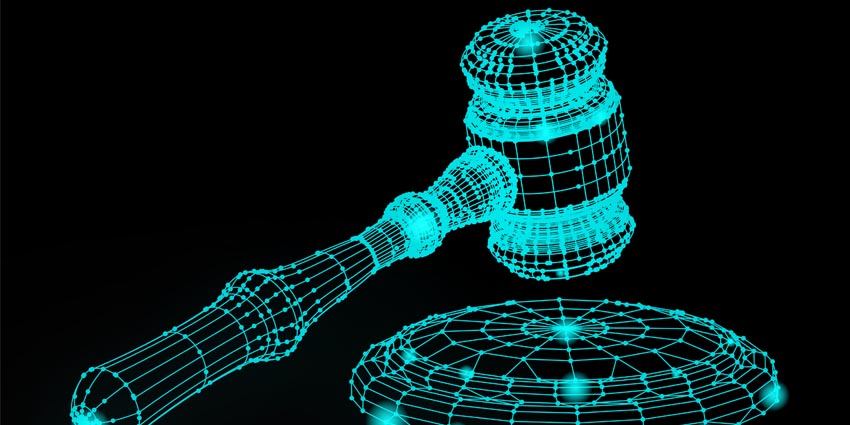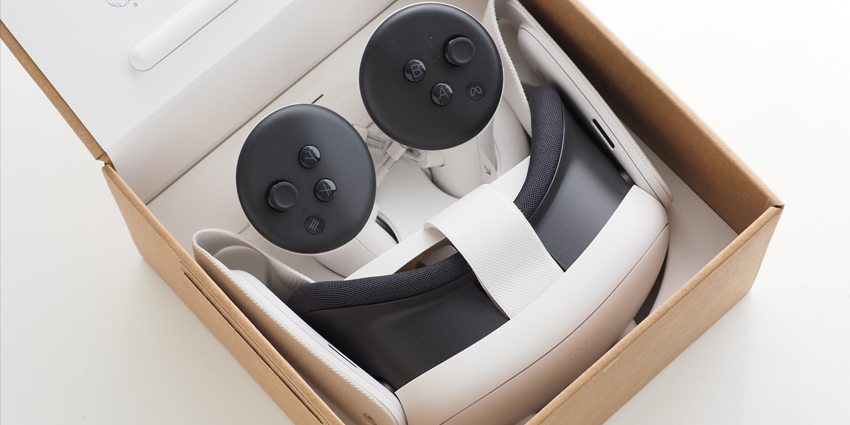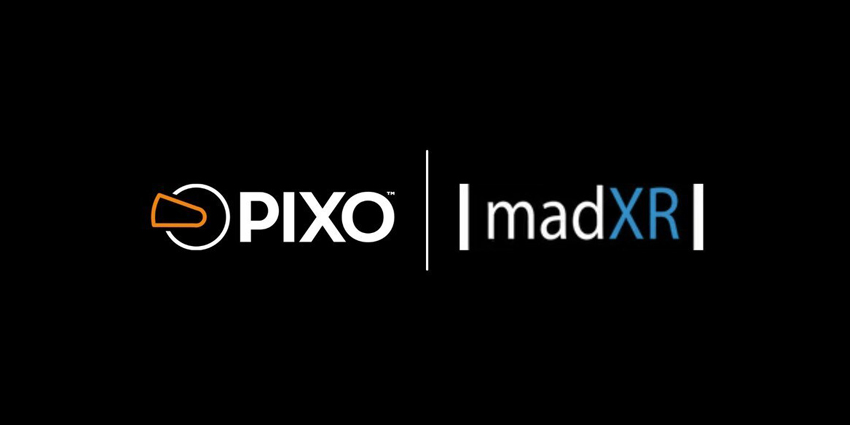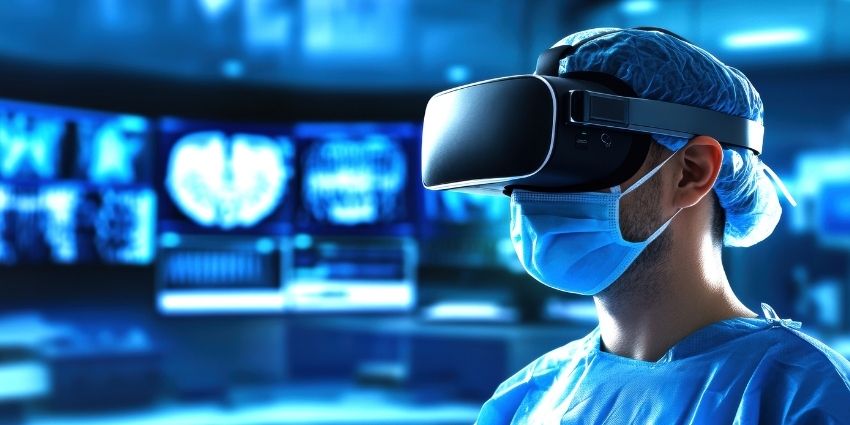Prospective lawyers may complete training exercises with virtual reality (VR) modules in the near future, a top authority in the global legal sector said on Monday as reported by Legal Futures.
Richard Eric Susskind OBE FRSE, Professor, Futurist, Author, Speaker, and Independent Legal Advisor, said in the report such immersive VR solutions may facilitate education in the global legal practise market similar to astronauts training for space missions.
Speaking at a webinar for the Brick Court Chambers on the future of training for the Bar exam, Susskind said a massive boom in startups entering the legal services market could potentially disrupt the sector.
Prof Susskind told the audience he was concerned trainees were preparing as “20th-century lawyers rather than 21st-century lawyers.”
According to him, current learning models in law practise were based “fundamentally” on apprenticeship models, where learners “just sit in a room with a person and absorb a lot.”
He said:
“We will have to do much more… Astronauts, when they are just about to make the first actual flight… don’t look around the cabin and say ‘[this is the] first time I’ve seen one of these’ – of course they don’t. They have for years been sitting in simulators… What we will need to do is build simulated practice environments – virtual reality. In future legal education actually through VR will be able to give a far wider set of these apprenticeship experiences.”
He added future training models would be “three-dimensional, holographic” and with immersive sound.
Virtual Vs Location-Based Legal Courts
Professor Susskind explained only several hundred legal tech startups operated five years ago, but the number of firms had increased to roughly 3,000 to 4,000, “each trying to do to a corner of law what Amazon did to bookselling.”
He discussed numerous topics, including digital courts and justice processes using artificial intelligence, among others, stating he predicted both human and digital involvement in the justice system.
But such processes as well as “strategy and tactics” would not take place “for many, many years”, and would remain a human-centric function.
Despite the need for in-person interactions with clients, Professor Susskind predicted future generations woul be more interested in quick turnarounds for court cases rather than physical locations.
VR training and meetings could benefit court proceedings in small business claims, he added.
Growth in the VR Training Market
The potential for entreants to join the booming VR education market has received backing from many startups and tech firms seeking to build new ecosystems aimed at boosting workforce efficiency.
Firms such as FusionBloc have begun deploying VR training grids aimed at tracking workers in an immersive experiece, complete with company assessments, feedback, and instruction based on tracked biomechanics to adapt to challenging environnments in jobs such as mining and exploration.
Canadian tech firm PrecisionOS also launched the world’s most immersive VR robotic surgeon training platform in late May, allowing teams to perform robotic surgery operations regardless of location.
In defence, The United States Air Force (USAF) and Louisiana-based King Crow Studios struck a Small Business Innovation Research (SBIR) Phase III contract to train B-52 pilots via mixed reality solutions.
Spanish augmented reality (AR) training firm Seabery has begun offering immersive welding training to workers, leading to a massive reduction of training time and workplace accidents.







